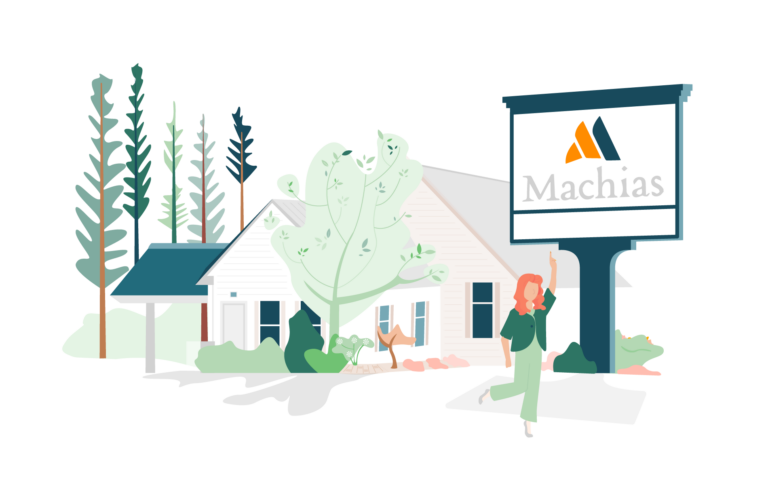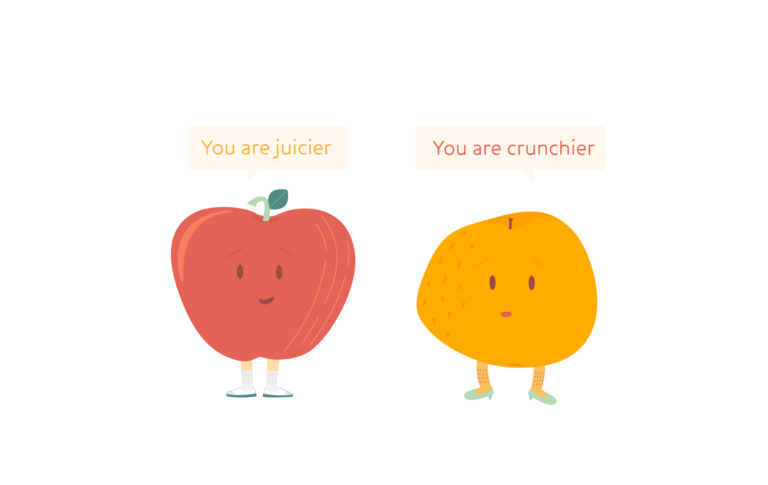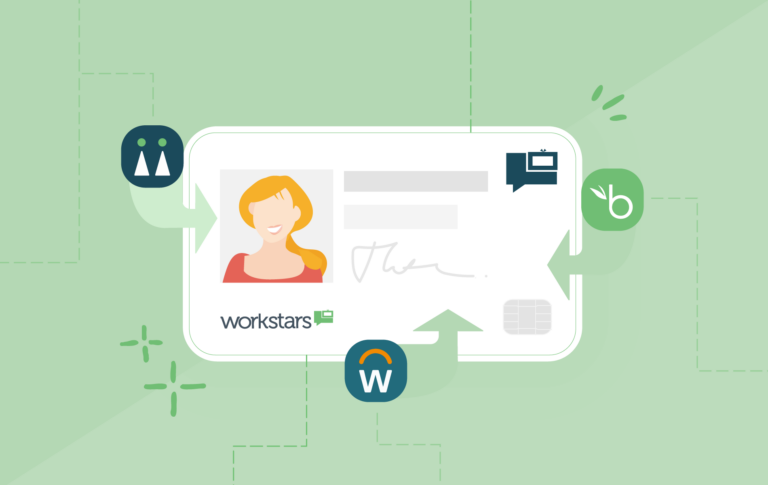Social Recognition. The Art & Science of Workplace Communication
This is the first of my posts on social recognition. Like so much of the employee engagement and workplace transparency innovation we are seeing, you have to wipe away the past and think about what these exciting new tools are doing to impact the world of HR. I am pleased to say that social recognition not only fits with lots of the things I’m working on currently, and more generally where I believe HR functions and practitioners need to work towards. It excites me as a HR guy.
A lot of my focus at the moment is on artful HR. I see a lot of talk these days about making HR into a science – by which we most commonly mean using data and analytics, to make HR activities more logical, standardised and consistent. I think this is a really useful development, and absolutely wouldn’t want to suggest that HR shouldn’t be more science-based, and even science-like where it makes sense. But I do worry that we’re in danger of forgetting about what has made HR so special and valuable up to this point, so I’d like to suggest that science needs to be complemented by art, and that as we develop our capabilities in science, we need to balance these by increased focus on art.
I define the art of HR as being about people, relationships and change – and it’s easy to see how social recognition supports each one of these themes:
- People. Artful HR recognises that people are emotional beings with needs and aspirations which aren’t always directly connected with their employer. The approach values this diversity and therefore enables and encourages people to be themselves, trusting them to make sensible choices for the business. This includes the trust to articulate their views about the business, and other people in the business in an appropriate way. This is why I think social employee recognition is a wonderful example of artful communication. It’s based on trusting employees to do what’s appropriate and make useful comments about the things which are meaningful to them. So as well as the range of benefits which social recognition should provide, including increased engagement and productivity etc, to me it’s also a great way to develop a more human, and emotionally rich organisation.
- Relationships. Artful HR understands that our increasing connectedness and the growing importance of collaboration at work, means that we also need to value the relationships between people, as well as the individuals themselves. The approach therefore focuses on connecting people together, helping create and develop positively focused bonds between people, based upon an understanding of the value that other individuals can provide to somebody’s own work, and the organisation they work within.There are a lot of different ways of developing peoples relationships, but I’d struggle to identify one which is as important, or as useful as social recognition. This is because recognition doesn’t just connect people together like a lot of other social collaboration tools, but it also helps them understand the relationship between themselves, and what it is about one person’s actions or behaviours, which the other person values. Social recognition works best when it’s connected to the organisation’s overall values, but an individual’s recognitions provide a useful signal about which of these are most important to them, as well as how they believe these values can best be expressed.
- Change. Everything seems to be changing, including of course our HR, and recognition approaches too. And in a changing world, one of the most important things we can do is to help people see things differently, rather than having them all see everything in the same way. This is the key source of agility and innovation, and is one of the key reasons why I think science needs to be complemented by art; science is great for helping understand the meaning of something, but we need art to generate new meaning.This is another reason why I’m such a great supporter of social recognition. To me, this is a bit like the way we often don’t know what we’re thinking, until we’ve written our thoughts down. I think it can also be difficult to understand our values, until we’ve seen the things that match our values, and those that do not. Social recognition helps us articulate and clarify our values, and as the business environment changes, it helps point towards how actions and behaviours need to change as well.
No surprise therefore, that in my recent survey of 100 people comparing their use of artful HR processes to a range of people, and HR results social recognition has some of the highest impacts on these results. These include:
| All organisations | Social recognition organisations* | |
| Business leaders’ perception of the HR function: | ||
|
58% | 65% |
|
55% | 65% |
|
36% | 44% |
| Employee happiness and engagement: | ||
|
57% | 67% |
| Extent of collaboration across individuals and teams: | ||
|
27% | 36% |
|
54% | 60% |
|
20% | 25% |
| Employing a high performance workforce | ||
|
45% | 52% |
|
32% | 45% |
There were no significant reductions in any of the questions we asked.
* = organisations which encourage their employees to provide recognition on each other to help ensure their motivation (55% of the total population).
As I noted earlier, the art of HR is complementary to, and builds upon the science of HR. For example, it’s becoming increasingly clear in a range of contexts that we need data, not just intuition, to stimulate creativity. This came through from our recent study of HR artistry too – the more artful HR practitioners weren’t just using intuition, but also data and analytics, to help them be more creative and more artful in their approaches.
So before I finish, it might be useful just to reinforce that social recognition helps the science of HR as well. I’m awed by the insights that social recognition tools like Workstars can provide – from understanding who is giving, and who is receiving recognitions, and what their peers are saying, to which values are being adopted by employees, to managers who are, or unfortunately not, making the necessary commitment to appreciate and value their team. Social recognition understands behaviour, it cleverly presents workplace energy and relationships to managers, and if reward is present, you can’t fail to position it exactly where you want or need it. A huge challenge for HR.
So no matter where you lie on the art / science spectrum, I’d suggest social recognition is something you should be looking at for your organisation too. It is full of the science, in fact it is crammed with it, science junkies will love it. But it is the trust, expression, energy, and understanding between company and personal values, that has got me excited.


 How Machias Savings Bank improved employee satisfaction and increased commitment to company values
How Machias Savings Bank improved employee satisfaction and increased commitment to company values
 Great managers vs natural leaders: What’s the difference (and does it matter?)
Great managers vs natural leaders: What’s the difference (and does it matter?)
 Workstars now integrates seamlessly with the HRIS you use every day
Workstars now integrates seamlessly with the HRIS you use every day